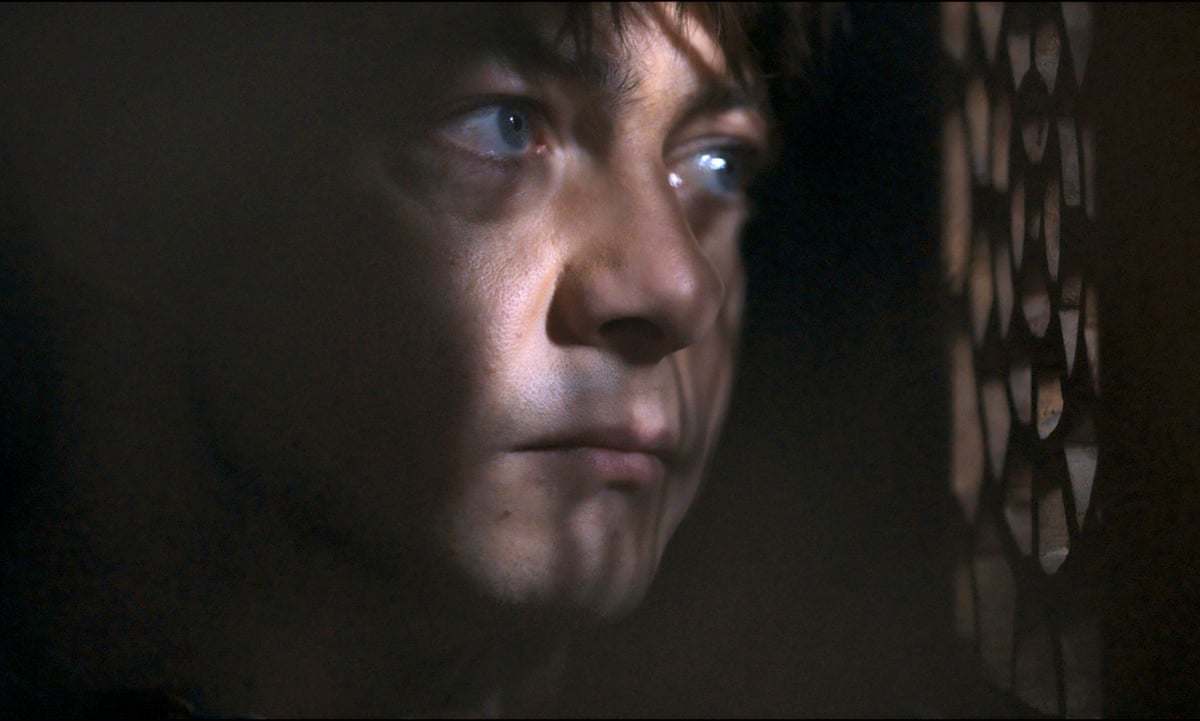Misericordia by Griselda Gambaro – A Haunting Exploration of Power and Compassion
Misericordia is a powerful one-act play by celebrated Argentine playwright Griselda Gambaro, known for her provocative, political, and symbolic theatre. First performed in the 1990s, Misericordia (meaning "mercy" in Spanish) explores themes of violence, authoritarianism, and the often ambiguous nature of compassion under oppressive regimes. True to Gambaro’s signature style, the play combines absurdism with stark realism, offering a disturbing yet poetic portrayal of human suffering and complicity.
Set in an undefined place and time, the play centers on a blind man and his caretaker, who subjects him to constant cruelty under the pretense of protection. The audience soon realizes that this relationship, far from being nurturing, is based on control, humiliation, and the systematic denial of agency. The caretaker limits the blind man’s access to food, insults him, and constantly reminds him of his dependence. In turn, the blind man is passive and resigned, yet not entirely innocent—he occasionally shows signs of internalizing the system that abuses him.

This dynamic becomes a metaphor for the relationship between authoritarian powers and the oppressed populations who, even in the face of suffering, may not rebel or escape. The blind man’s physical disability represents the metaphorical blindness of citizens who are manipulated by propaganda or stripped of critical thought. The caretaker, on the other hand, is both executioner and protector—embodying the paradox of a regime that claims to act for the people’s good while actively degrading them.
One of the most chilling aspects of Misericordia is how language becomes a tool of domination. The dialogue is sparse but heavy with subtext and manipulation. The caretaker constantly redefines reality for the blind man, altering facts and controlling what is said or heard. This distortion of truth mirrors how totalitarian states often rely on language and media to control perception and rewrite history.

Despite the bleakness, the play’s title—Misericordia or "mercy"—invites critical reflection. What does mercy mean in a world devoid of justice? Is the caretaker’s control a twisted form of care, or is it cruelty masked as kindness? These questions remain deliberately unanswered, forcing the audience to confront the thin line between compassion and submission.
Stylistically, Gambaro’s work draws from theatre of the absurd and political drama, similar to the works of Beckett or Pinter, yet deeply rooted in the socio-political context of Argentina. Her plays often reflect the trauma of the Dirty War and the legacy of dictatorship, in which thousands were disappeared or tortured. Misericordia, while abstract, echoes the real psychological violence inflicted on those who lived under surveillance and repression.

In conclusion, Misericordia is not a comforting play—it’s an unsettling, thought-provoking piece that challenges audiences to reconsider the nature of mercy, dependence, and the hidden violence in everyday relationships. Through minimalist staging and symbolic interactions, Griselda Gambaro forces us to face uncomfortable truths about power and the human capacity for both resilience and surrender.


